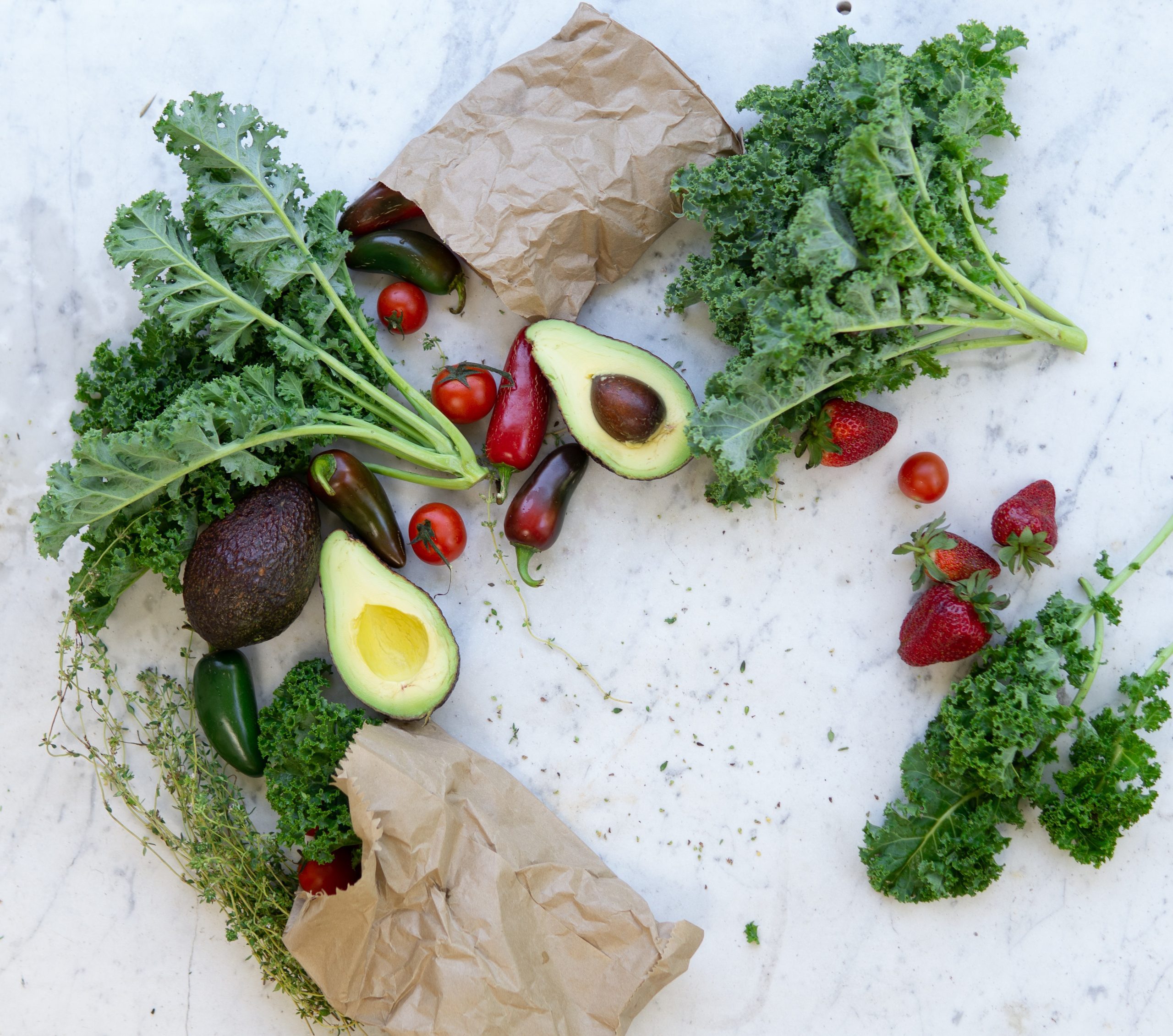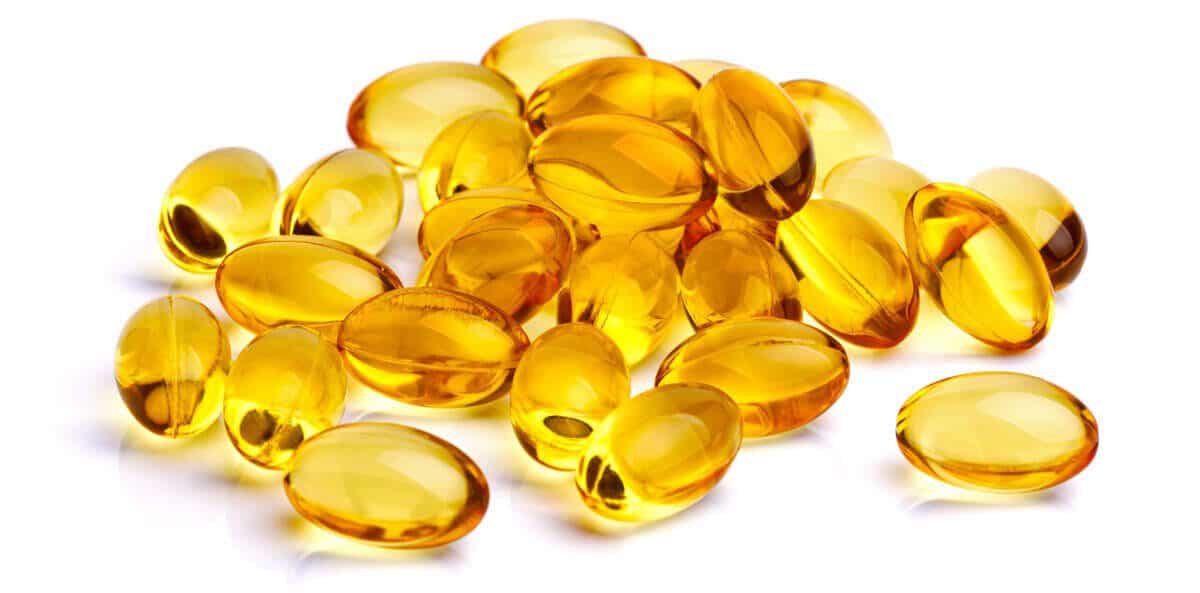If you’ve ever suffered from cardiovascular disease or heard your heart isn’t in good shape from the doctor, you’re not alone. According to the Centers for Disease Control and Prevention (CDC) about one in five heart attacks are silent, meaning the person wasn’t aware they had one, and about 647,000 Americans die from heart disease each year. Our hearts are essentially the center of our lifeforce and learning we may not have been taking care of our hearts like we should be a harder pill to swallow than any medication or supplement.
While the damage may have been done early on, unbeknownst to our younger selves, further damage to the heart and cardiovascular disease, in general, may be prevented if a healthy lifestyle is followed. This includes daily exercise, not smoking, maintaining a healthy weight, and eating a nutritious diet with heart-healthy ingredients.
One such nutrient found to benefit the heart is vitamin K, namely vitamin K1 and K2 which occurs in the human diet. Vitamin K2 is hard to find in the Western diet, which is why it’s important to consider a Vitamin K Supplement.
What do the studies say?
Vitamin K deficiency can lead to calcification (mineral deposits) of vessel walls that have been associated with a higher risk of cardiovascular events. Consuming enough vitamin K2 may lower the risk of vascular damage.
Vitamin K2 is usually found in fermented foods and is not usually included in junk foods commonly found in an American diet. Vitamin K1 can be found in plant-based foods such as kale, spinach, and broccoli.

Listen to the Heart Research
While it’s imperative to listen to what your doctor has to say, making sure your heart has the right nutrients can help give it the extra TLC it needs. Vitamin K2, specifically MK-7, has been widely researched for heart-healthy benefits.
Research has shown:
- If at least 32 mcg of vitamin K2 is present in the diet, then the risks for blood-vessel calcification and heart problems are significantly lowered.
- High-intake of vitamin K2 was associated with protection against cardiovascular events.
- Long-term use of MK-7 supplements (found in vitamin K2) improved arterial stiffness, which is related to hypertension and high blood pressure, in healthy postmenopausal women.
Being aware of how to take care of the heart can help it perform its functions so you can keep living an active life. If you have heart concerns, consult with your doctor and consider a Vitamin K2 supplement so you don’t fall victim to heart disease.
References:
- Maresz K. Proper Calcium Use: Vitamin K2 as a Promoter of Bone and Cardiovascular Health. Integr Med (Encinitas). 2015;14(1):34-39.
- McFarlin BK, Henning AL, Venable AS. Oral Consumption of Vitamin K2 for 8 Weeks Associated With Increased Maximal Cardiac Output During Exercise. Altern Ther Health Med. 2017;23(4):26-32.
- Geleijnse JM, Vermeer C, Grobbee DE, et al. Dietary intake of menaquinone is associated with a reduced risk of coronary heart disease: the Rotterdam Study. J Nutr. 2004;134(11):3100–3105.
- Gast GC, de Roos NM, Sluijs I, et al. A high menaquinone intake reduces the incidence of coronary heart disease. Nutr Metab Cardiovasc Dis. 2009;19(7):504–510.
- Knapen MH, Braam LA, Drummen NE, Bekers O, Hoeks AP, Vermeer C. Menaquinone-7 supplementation improves arterial stiffness in healthy postmenopausal women. A double-blind randomized clinical trial. Thromb Haemost. 2015;113(5):1135-1144. doi:10.1160/TH14-08-0675









